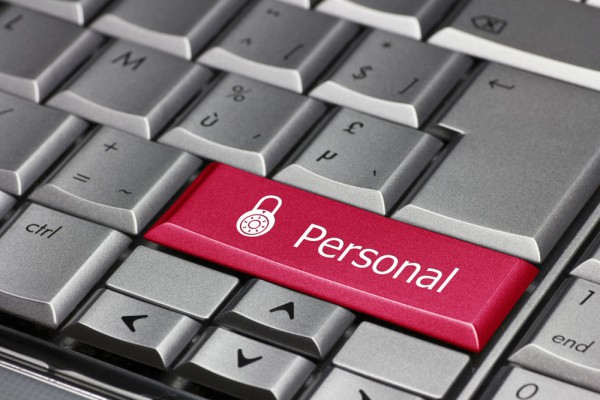
According to the results of a new survey, while two thirds of US respondents say they would like extra layers of online privacy and security, their actions prove otherwise as few even use currently available tools.
The study by VPN provider Hide My Ass! has been used to categorize people into five different approaches to online life:
* Old School Sharers are hesitant to share personal information or participate regularly on social media and lack confidence that they are protected from threats.
* Cautious Contributors are apprehensive about new technology, but are more socially inclined and learn from the mistakes of the past.
* Online Nudists seek out and bare everything to their online community, craving a high amount of interaction with their peers through social media.
* Social Savvy Butterflies are active in and seek interaction from online communities, but have stepped up their game and take precautions to ensure their personal information stays safe.
* The Digitally Enlightened employ the highest levels of security, which enables them to safely maintain their highly active digital lives.
Among the survey's findings are that 63 percent of respondents have experienced online security issues, but, of those, only 56 percent have made permanent behavior changes afterwards. Nearly one in four people (24 percent) use unsecured public Wi-Fi, leaving their information open to prying eyes, quite often or all the time.
Take up of existing security tools is depressingly low, only 16 percent utilize privacy-enhancing browser plug-ins, just 13 percent use two-factor authentication and a mere 11 percent use a VPN. In fact 44 percent are not at all familiar with VPNs and a mere four percent use anonymity software (such as Tor).
While 70 percent say that the risk of exposing personal information online reduces their level of social media use and presence, only a quarter have strict privacy restrictions in place on their social media accounts. Also while two thirds say they are likely to shred physical documents containing personal information they are happy to post details online including their email addresses (51 percent), home addresses (26 percent) and personal phone numbers (21 percent).
"Even with the NSA revelations and a seemingly endless onslaught of celebrity hacks and public data breaches, Americans still turn a blind eye to their vulnerability online," says Danvers Baillieu, the chief operating officer of Hide My Ass! "While many people say they want to protect themselves online, it is difficult for them to sacrifice things like their level of social presence. For too many, the gratification of a ‘like’ severely outweighs the investment in building a digitally secure life. When it comes to choosing either security or convenience, the latter almost always wins".
You can find a summary of the findings in infographic form below.

strong>Image Credit: jurgenfr / Shutterstock

